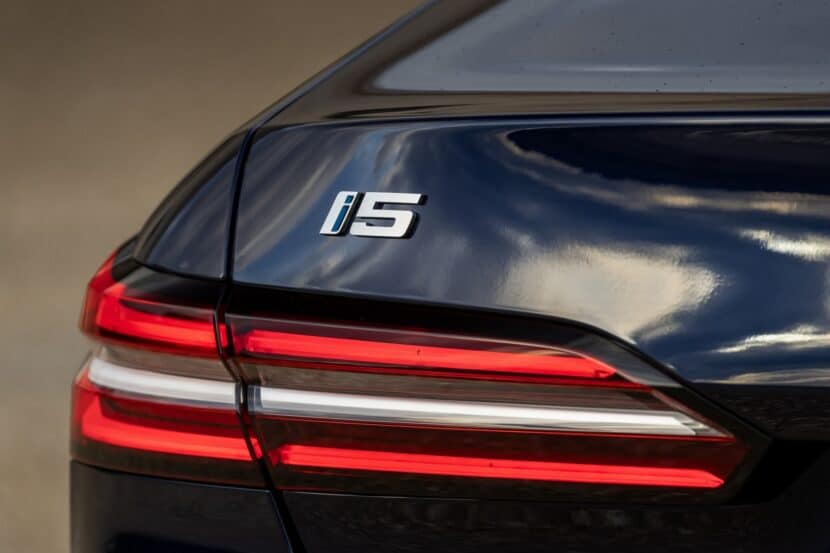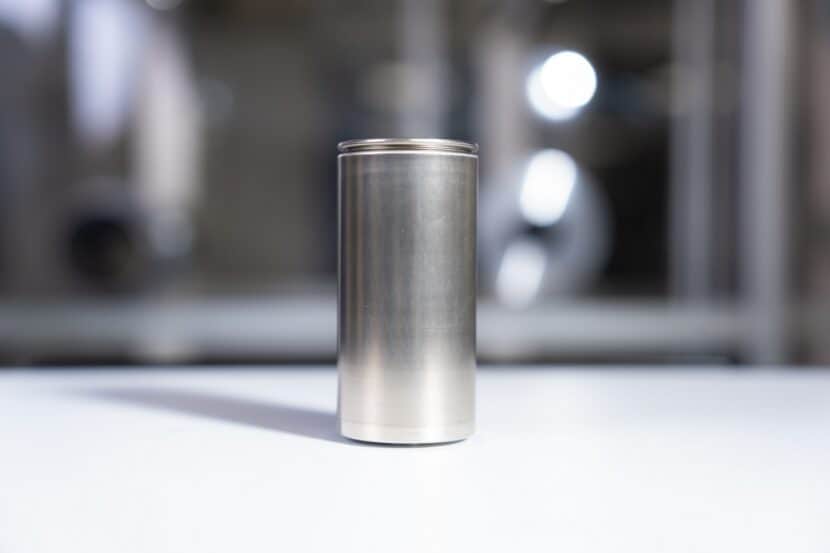BMW has recently launched the G60 BMW i5 and 5 Series, yet the company is already focusing on developing their successors. In a strategic move, BMW is set to embrace the Neue Klasse platform, starting from 2025, which will serve as the foundation for most, and eventually all, of its future models. This shift to an electric-first architecture signals a significant transition in BMW’s production approach which is currently a flexible architecture.
NC0 BMW i5
Among the models slated for an update is the second generation of the BMW i5, internally referred to as the NC0. Industry insiders suggest that this new model could commence production by the year 2030. This speculation aligns with BMW’s broader strategy to gradually phase out their existing CLAR (rear-wheel drive) and UKL (front-wheel drive) platforms, in favor of the more versatile and future-oriented Neue Klasse framework.
Design-wise, the NC0 BMW i5 is expected to mirror the aesthetic principles of its Neue Klasse counterparts. A notable feature is the ‘phygital’ front-end design, an innovative blend of digital and physical design elements. The interior of the vehicle is anticipated to be equally forward-thinking, with a prominent large screen dominating the dashboard. This design is not just about aesthetic appeal but also about enhancing user interaction and experience. Additionally, passengers might be afforded the luxury of interacting with various car functions through their own screens or via a sophisticated Panoramic Display, adding a layer of personalization and convenience to the driving experience.
Gen6 Batteries
Of course, the biggest and most important change in the BMW i5 family of cars will be the inclusion of the Gen6 battery and drivetrain technologies. The BMW Gen6 tech represents a significant advancement in BMW’s electric vehicle (EV) technology focusing on enhancing efficiency, performance, and sustainability. The sixth-generation battery cells come in two sizes. Both are 46 millimeter in diameter, but the 120-mm tall cells are reserved for crossovers while the 95-mm cells work for smaller vehicles. BMW expects a 30 percent range increase over the current Gen5 technology and reduced charging times by as much as 30%, thanks also to the use of a new 800-volt architecture. BMW also claims a 20% increase in density for its battery packs.
Considering the recent release of the G60 generation, it might seem premature to focus on the next BMW i5. However, BMW is actively engaged in enhancing their electric vehicle architecture, with a clear emphasis on addressing two primary customer concerns: range and charging efficiency. And Neue Klasse is the company’s largest transformation since the 70s so it makes sense that all stopes are pulled and resources are quickly allocated to the future.
In the mean time, if you’re looking for a versatile platform with typical BMW looks, then the G60 i5 offers a wide range of variants, starting with the i5 eDrive40 and ending with the 600PS i5 M60.


